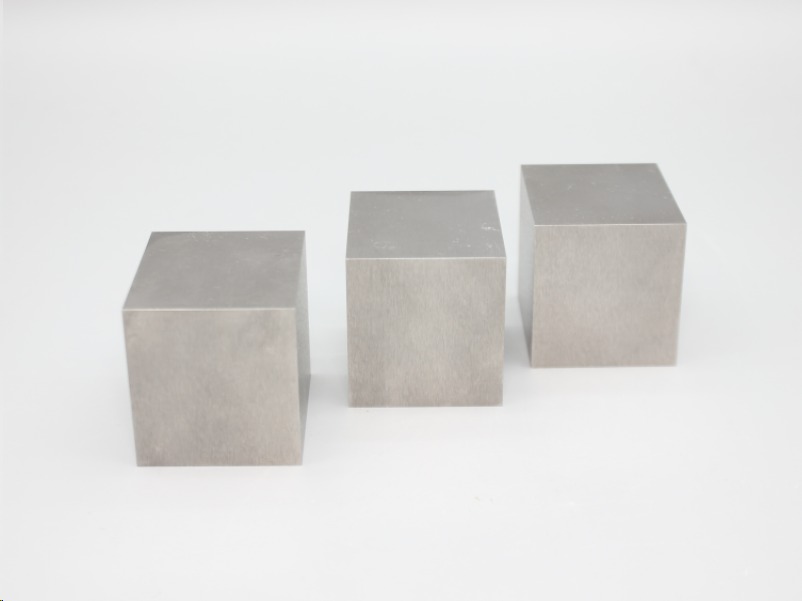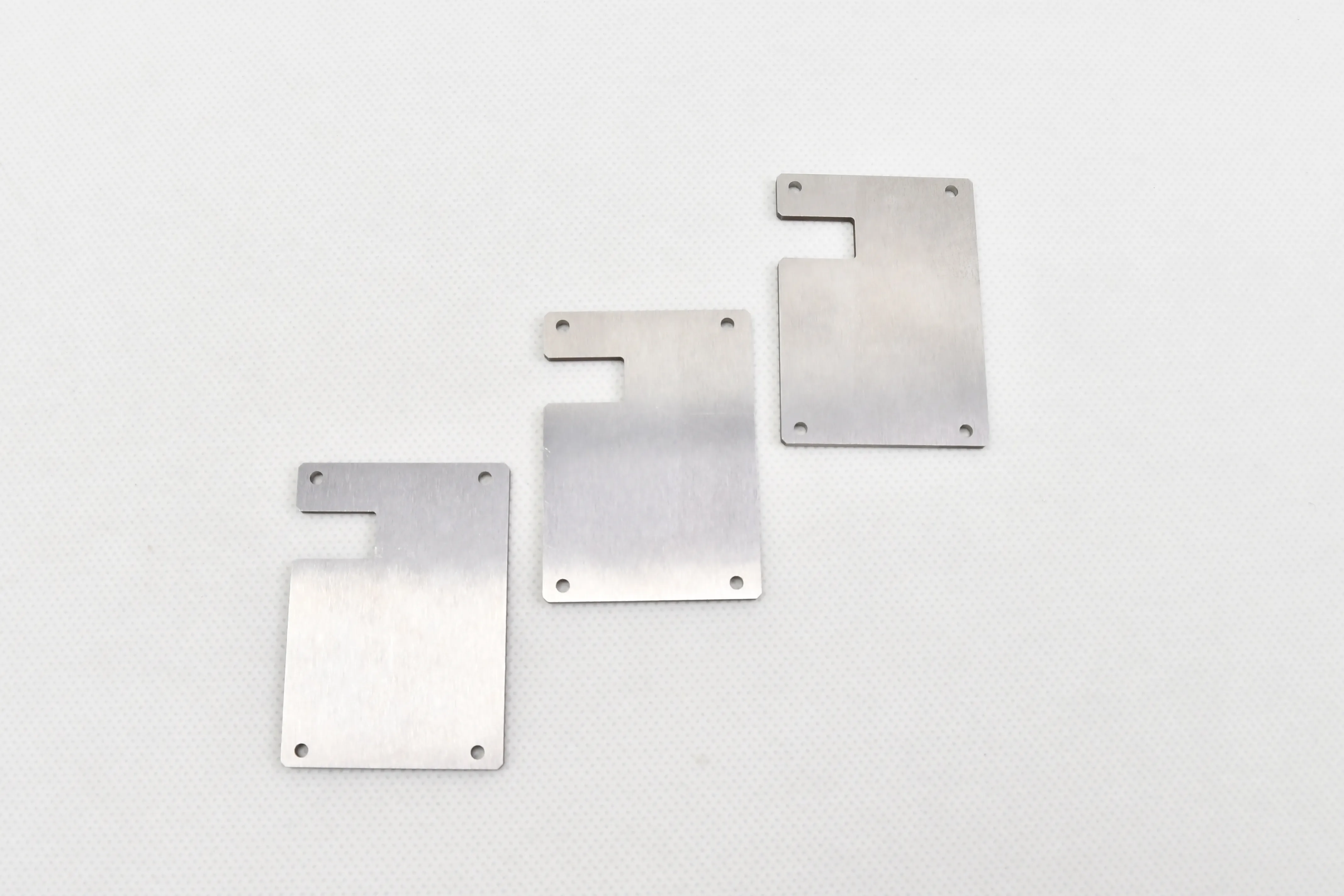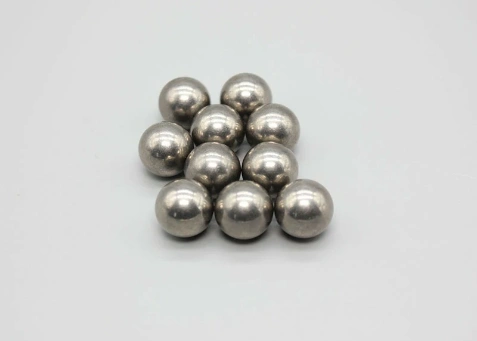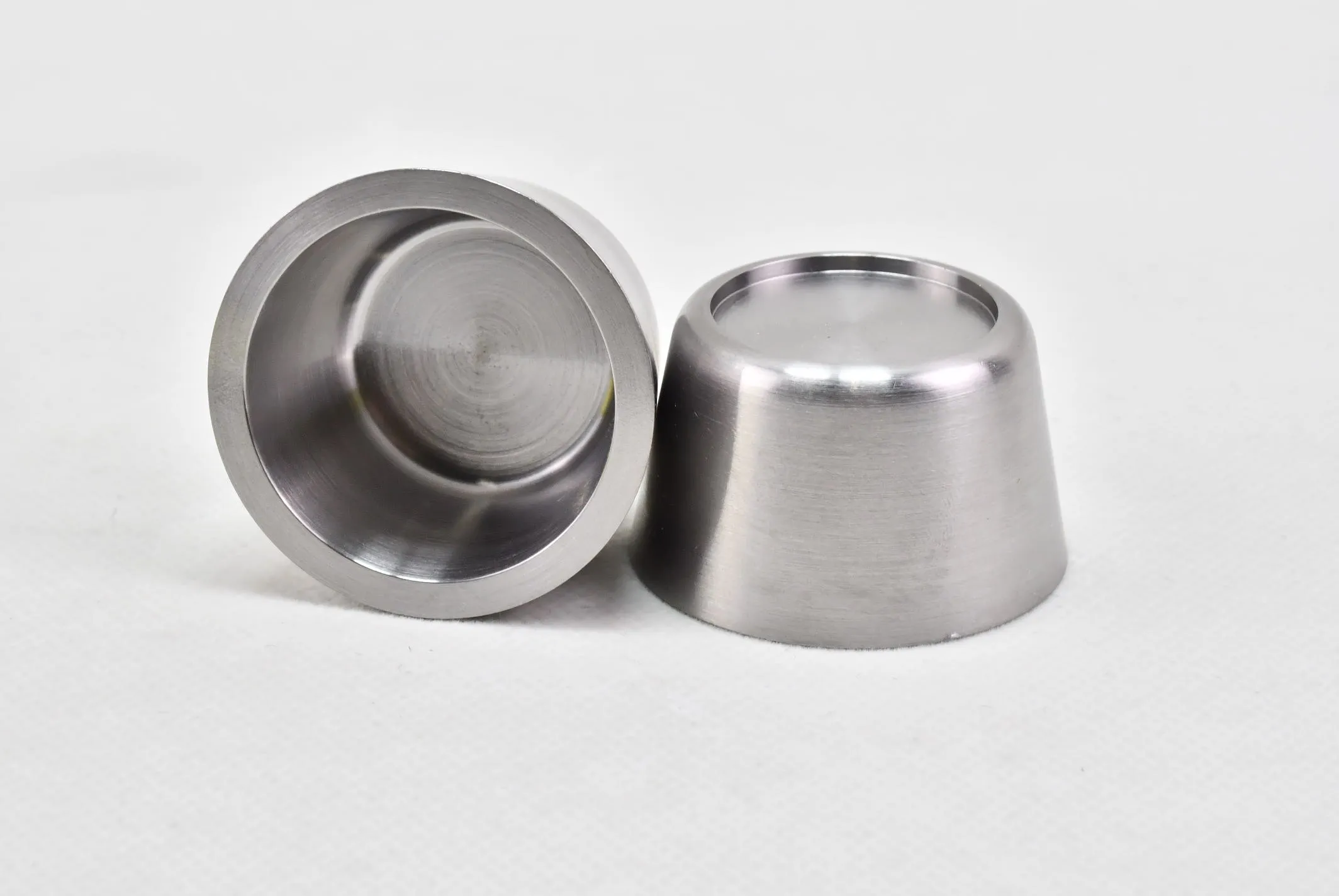What is the difference between tungsten heavy alloy and tungsten carbide alloy?
What is the difference between tungsten heavy alloy and tungsten carbide alloy? Tungsten alloy manufacturers will answer these questions.
The biggest difference between tungsten heavy alloy and tungsten carbide alloy is its composition an properties. Tungsten heavy alloy generally refers to W-Ni-Fe or W-Ni-Cu alloy, while tungsten carbide alloy generally
refers to a mixture of tungsten and other metals. The differences between high specific
gravity tungsten heavy alloy and tungsten carbide alloy are described in detail below.
What is the difference between tungsten heavy alloy and tungsten carbide alloy?
1. Ingredient differences:
The main component of high specific gravity tungsten alloy is tungsten, which usually contains a good tungsten
content, generally greater than 90%. The composition of tungsten alloy is more complex, and can be alloyed with
other metals such as iron, copper, nickel, molybdenum, etc. The composition of tungsten alloy can be adjusted and
improved according to the specific application requirements.
2. Different density:
Because tungsten heavy alloy mainly contains tungsten, and tungsten has a high density (19.3 g/cm³), the density
of high-gravity tungsten alloy is also relatively high. The density of tungsten alloy depends on its specific composition
and can be adjusted according to different application requirements.
3. Mechanical properties difference:
Tungsten heavy alloy has excellent mechanical properties, such as high hardness, high tensile strength,
good creep resistance at high temperatures. It also has good thermal conductivity and low coefficient of thermal expansion.
These properties make high-gravity tungsten alloy an ideal material for a wide range of applications in aerospace, defense
and energy. Tungsten alloy has different mechanical properties due to its different composition, and can be selected according
to different needs.

4. Manufacturing and processing technology differences:
Due to the relatively simple composition of high-gravity tungsten alloy, the manufacturing and processing technology is
relatively simple. It can be prepared by powder metallurgy processes, such as compression sintering, hot isostatic pressing and
other methods. Tungsten alloy is more complex, due to its complex composition and organizational structure, manufacturing
and processing technology will be more complex.
5. Differences in application fields:
Tungsten alloy with high density and good high temperature performance is widely used in the fields of radiation protection materials,
high temperature tools, aerospace parts, nuclear energy devices and so on. Tungsten alloy is widely used in the manufacture of high
temperature tools, ore smelting, electronic devices, aerospace and other fields because of its excellent mechanical properties and high
temperature resistance.
All in all, there are differences in composition, density, mechanical properties, manufacturing and processing technology and application
fields between high-gravity tungsten alloys and tungsten alloys. Understanding these differences helps to select the right alloy material for
a particular application and to meet engineering needs.

 EN
EN AR
AR FR
FR DE
DE HI
HI IT
IT JA
JA KO
KO PT
PT RU
RU ES
ES ID
ID LV
LV VI
VI HU
HU MS
MS GA
GA BE
BE YI
YI EU
EU


